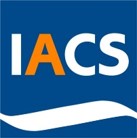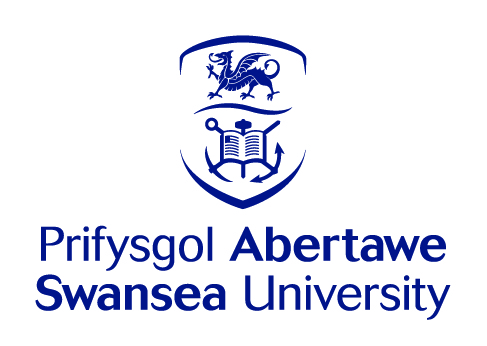WP 7: Building a Federated Research Infrastructure for a Rapid Policy Response
PHIRI FEDERATED RESEARCH INFRASTRUCTURE - ONE PAGER
Objectives
As an overarching goal, WP7 aims to create and validate a federated research infrastructure that overcomes data reuse & data sharing hindrances for rapid policy-relevant research response to the evolving pandemic. This WP will develop on five main objectives:
- Showing the potential of the infrastructure for a rapid cycle analysis using a demonstration pilot case.
- Developing an advanced version of the federated research infrastructure, including: a) the development of a common data model for a COVID-19 rapid response; b) the design and deployment of the required data extraction, transformation and loading (ETL) processes; and c) the implementation of the distributed analytical solutions.
- Testing the solutions implemented in 7.2 for a final implementation of the federated research infrastructure.
- Developing upgrading options from the lessons learnt in other EU research infrastructures.
- Building an IT working group for capacity building on how to get the federated infrastructure implemented and for the actual development of the federated infrastructure.
This work package will provide the technological substrate to support the development of a federated research infrastructure that overcomes these hindrances whilst producing research outputs for a rapid policy response. As a result, the PHIRI infrastructure delivered will play a key role in the future European Health Data Space as well as in the European Open Science Cloud (EOSC).
Task 7.1. Development of an overarching demonstration pilot
Task 7.1 will demonstrate the capacities of the federated research infrastructure for the production of accurate and timely research outputs for a rapid policy response on COVID-19. The task entails the identification of the relevant data sources, the development of the data model and the analytical pipeline, and the FAIR reporting of the rapid cycle outputs. This task will generate solutions for the rapid cycle analysis and reporting of testing policies and assessment of the impact of control measures in the evolution of infections and hospitalisations. In addition, the analytical pipeline will be adapted so as to be able to reuse the COVID-19 data collections collected by ECDC for surveillance purposes. Alongside these efforts, PHIRI will explore with ECDC if the collection of epidemiological data from MS can be reinforced and improved using the capacities of the relevant national public health bodies participating in the PHIRI consortium.
Task 7.2 Development of the federated infrastructure solutions
This task represents the actual development of the federated research infrastructure solutions, driven by the WP6 use cases. First, the CDM design will explore the use of the Observational Medical Outcomes Partnership (OMOP) CDM, a widely adopted CDM for observational health data analytics. Secondly, the analytical pipelines that support the use cases will compute the local solutions for the research question on each data hub, moving these final aggregated results to the coordination hub, which will merge them for further comparative analysis between partners. Lastly, all the software developed will be open-sourced and included in the WP4 PHIRI Portal.
- Mid-size prototype of PHIRI federated infrastructure (D7.2)
- Full operable PHIRI federated infrastructure (D7.3)
Task 7.3 Capacity building and Developers working group
This task will focus on the capacity building within the participant hubs’ personnel in two complementary ways:
- Supporting the specific IT implementation activities.
- Coordinating the different IT activities and the linkage of WP6 development activities through the setting up of a Developers working group consisting of a community of data hub’s IT experts in charge of the FRI implementation.
Task 7.4 Validation of the federated infrastructure solutions
T7.3 will focus on validating the software solutions developed in T7.2, for the Common Data Model, the ETL processes and analytical pipelines, including the implementation of patches to solve the detected issues.
Task 7.5 Upgrading options for PHIRI research infrastructure
This task will evaluate advanced distributed analysis techniques to upgrade options for PHIRI research infrastructure. At the same time, this task will assess the eventual need for future increasing computational and storage capacity; thus, the need for linkage with high-performance computing centres or public or private clouds. Finally, this task will get insight from WP9 on effective modelling to upgrade the PHIRI infrastructure according to policy requirements.
The leader and co-leader of this work package are:
Instituto Aragonés de Ciencias de la Salud (IACS) Swansea University (SU)


Subscribe to our newsletter
the fields marked with * are required
PHIRI Work tools
WP 7 contact
 |
This project has received funding from the European Union’s Horizon 2020 research and innovation programme under grant agreement No 101018317. Disclaimer - Privacy policy |
Version 10.0
